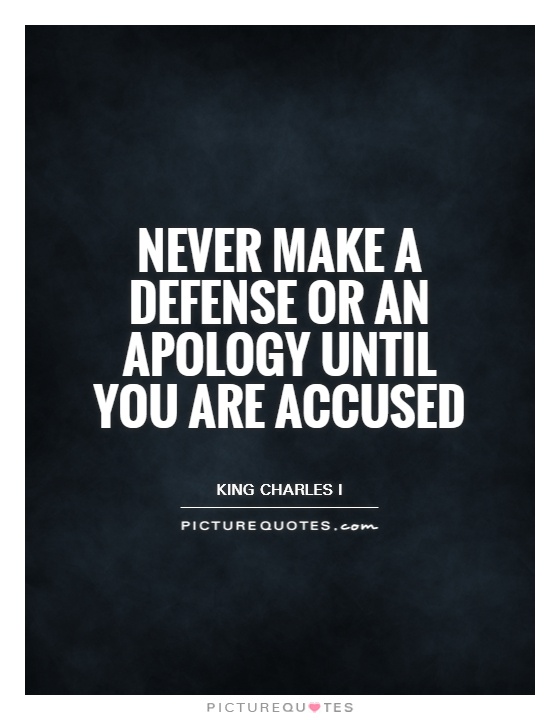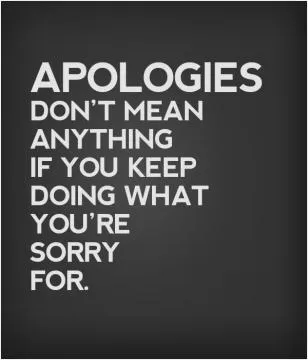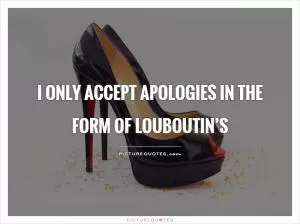
Never make a defense or an apology until you are accused

Never make a defense or an apology until you are accused
In the context of King Charles I, the phrase "Never make a defense or an apology until you are accused" holds particular significance. Charles I, the monarch of England, Scotland, and Ireland from 1625 until his execution in 1649, faced numerous challenges and conflicts during his reign. His rule was marked by tensions with Parliament, religious disputes, and ultimately, civil war.Throughout his reign, Charles I often found himself at odds with Parliament over issues such as taxation, religious practices, and the extent of royal power. These conflicts ultimately led to the English Civil War, a series of armed conflicts between the Royalists, who supported the king, and the Parliamentarians, who sought to limit his power. In the midst of these tensions, Charles I was accused of tyranny, abuse of power, and treason against his own people.
Despite these accusations, Charles I remained steadfast in his belief in the divine right of kings and his own authority as monarch. He believed that he was answerable only to God, not to Parliament or the people. As a result, he often refused to compromise or make concessions to his opponents, leading to further escalation of tensions and ultimately, his downfall.
In hindsight, it can be argued that Charles I's refusal to make a defense or apology until he was accused played a significant role in his eventual downfall. By failing to address the concerns and grievances of his subjects, he alienated many of his own supporters and fueled the flames of rebellion. His stubbornness and unwillingness to compromise ultimately cost him his throne and his life.












 Friendship Quotes
Friendship Quotes Love Quotes
Love Quotes Life Quotes
Life Quotes Funny Quotes
Funny Quotes Motivational Quotes
Motivational Quotes Inspirational Quotes
Inspirational Quotes